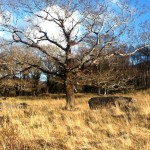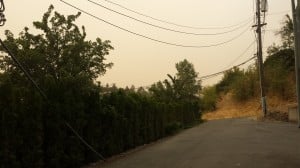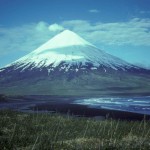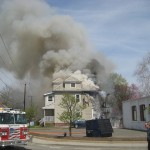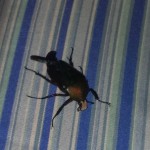Place may seem like a strange choice for a religion blog. There’s no religion called Place. What does that even mean?
Place was the first ‘religion’ that I knew. Place, Land, Home – it can be called any of these things. I was raised secular, but Alaska left an imprint on me. How to explain the sense of place and land to some one who didn’t grow up with that, or who found it later in life?
The secular household I grew up in didn’t talk about things (still doesn’t). Almost everything was assumed, picked up through observing, or just discovered on one’s own. What I learned from my father, who was also born and raised in Alaska, was that the nearest thing to a god in his life was Alaska: its waters, its mountains, its communities, its resources. We were pretty subsistence-based. We went fishing all summer, catching so much salmon that I actually used to complain about having salmon AGAIN for dinner. We went berry picking. My father went hunting. He built many of the houses we lived in. Our freezer was stocked and our family fed and housed by the work of his hands.
My father told a few stories about spending summers camped out on Shelter Island fishing with his dad and brother. My dad knows all the waterways and islands and history of SE Alaska like other people know freeways and commute times.
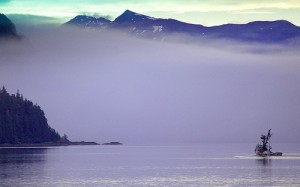
Place was also important to my Australian mother, who raised me with Australian children’s books and music. I knew where her homeland was. I grew up with an understanding of just how big this world is, how diverse its geography and its creatures.
But there was something of the sacred in the way my father related – still relates – to the land. It’s not a tree-hugging reverence, but rather a respect for the forces at play in the land and weather and currents. It was an understanding of conservation and preservation, but not environmentalism. We take care of the land not because it is sacred and should be outside of our touch, because that land takes care of us, by housing us and feeding us.
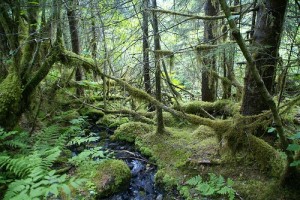
I think there are many people in other lands that can relate to this. I’ve mostly found that people with a rural upbringing understand this, but I’ve also found some people with such a deep love of their city that they understand the complicated emotional connection to place as well. For a long time I felt like Juneau was my greatest love, and I was cheating on it every time I moved away. I always expected to move back and raise my children there. I gave up that dream 18 months ago. Still: Juneau is the Home Land for me.
If this reverence and focal point in life isn’t similar to religion, then my degrees in theology are worthless.
Maybe it’s just that I’m bent to perceive the religious and/or spiritual in the world around me. Different lands feel different to me. The older and more traveled I become the more I find I am better at listening. Different places ‘speak’ differently, have different things to ‘say,’ and connect with me more personally. Some places want to dump their stories in your lap, others hold their secrets tightly, and sadly, some places are dead – either because that’s just how they are, or because it seems like the humans have stopped listening.
A year ago this month I left Wales and moved to Olympia, Washington. I had fully expected to spend more time in Wales, exploring the green hills and red kites and Welsh mythology. Wales is a beautiful, powerful place; I miss it. Yet, I am beyond happy with my new home. I love the Pacific North West, its history, its trees. This place feels good in my bones. But I can’t stop using Alaska as my compass rose, to which everything and everyplace is placed in relation.
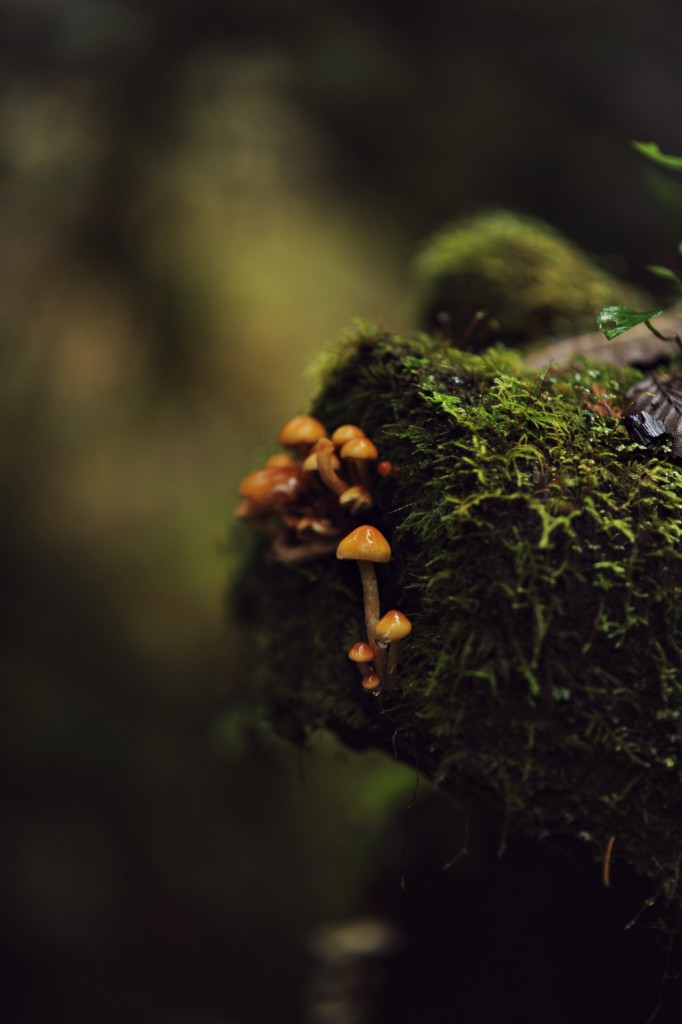
Photo by Rebecka Regan at Everyday Life Magic, with kind permission.
(Originally post modified from My Own Ashram.)

